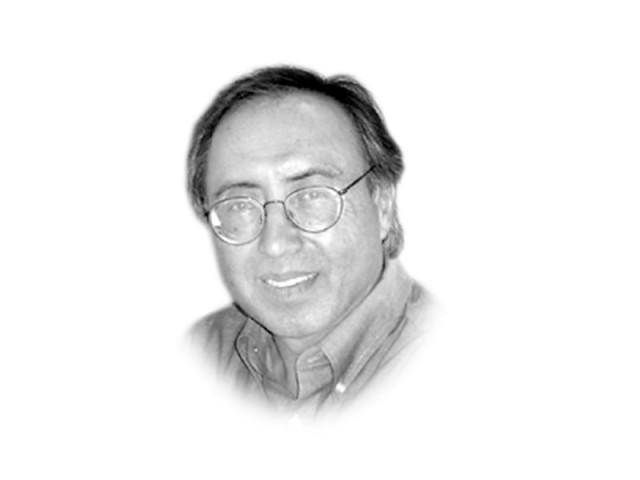All problems are local
Pre-requisite of good society is the good citizen who is willing to take responsibility for resolving local problems

The writer is a professor of political science at the Lahore University of Management Sciences

How people view the state, its authority, its writ (or lack of it), implementation of laws and above all, what the state is doing for them, is only by observing the facts of governance in the areas close to where they live. It is, therefore, not without reason, historical evidence, and close observation that many insightful statesmen have termed all politics local. Politics, every aspect of it, from conflict resolution to a system of justice to laws for bringing order in society, don’t just operate in a vacuum. It all happens right here where we live our lives.
The celebrity political class and its cohorts — who get what they want, when they want and where they want it — have no interest in lowering their necks and looking below what is happening at the local level. The government functionaries in towns, rural areas and the districts are at their beck and call and serve them as truly obedient servants, for they can carry a good word or make a complaint to the big boss, who may be the chief executive of the province or any high-level bureaucrat who might matter in their career.
From the local to the national level, Pakistani politics, the understanding of local problems and their solutions is the privilege, the right and domain of the bureaucracy that has become increasingly drafted into a dependent role by its political bosses. Gone are the days when the bureaucracy had the moral and professional autonomy to look at issues purely through the lenses of public interest. Sadly, for its own gains —professional or material — it respond only to power constituencies holding some incentive or threats, or to individuals connected with the most powerful. The rest of us are shown the door, very politely if you are well known, and very rudely if you are a common man.
The democracy that many of us have been struggling for — and some have indeed greatly suffered for, ideologically committing themselves to the right of the people to choose their government — see the ‘democratic’ governments at all levels practically functioning in the interests of the privileged. The idea is not to reject democracy, but to strengthen it by forcing the power, at all levels, to be responsive to the needs of the citizens. This is possible if we can learn from the history of successful democracies and what they have done in this respect.
First, the pre-requisite of a good society is the good citizen who is willing to take responsibility for getting the local problems resolved. We must spare some time, energy and attention from our daily routines and engage with local issues until they are resolved.
Second, we must organise public action by creating support groups within neighbourhoods, among friends or by associating with civil society groups. Our silence and capitulation to corruption and bad governance is our own worst enemy.
Finally, we must strive for local governments, which the nexus of power is not allowing. No democracy is democracy without its foundation: local governance.
Published in The Express Tribune, February 4th, 2015.
Like Opinion & Editorial on Facebook, follow @ETOpEd on Twitter to receive all updates on all our daily pieces.














COMMENTS
Comments are moderated and generally will be posted if they are on-topic and not abusive.
For more information, please see our Comments FAQ